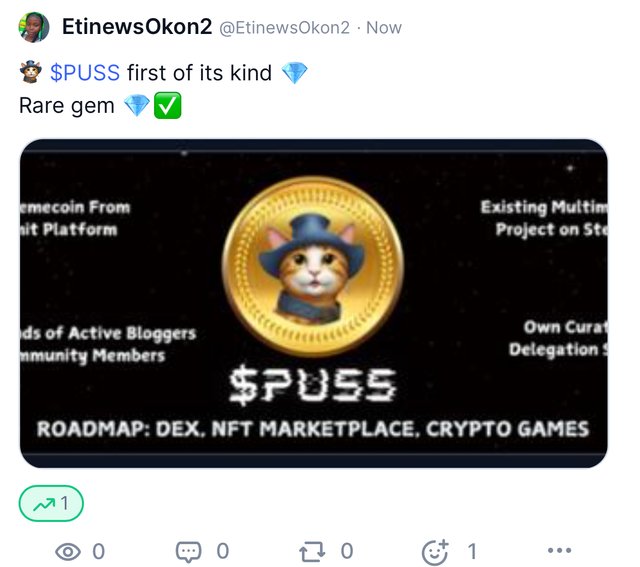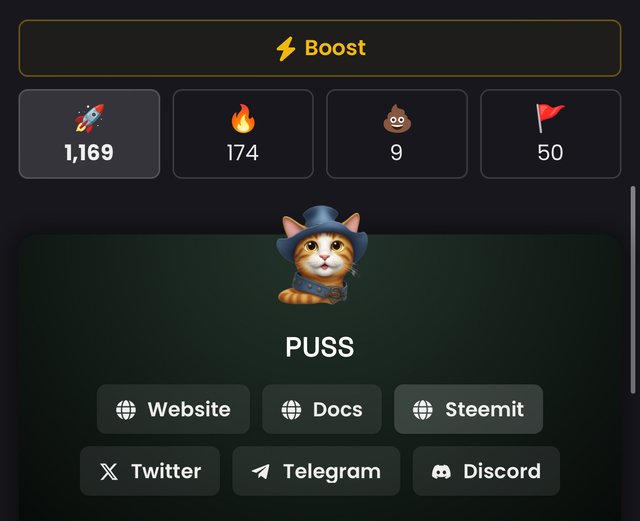Over the years, blockchain technology has sparked curiosity in both the private and public sectors. Its most compelling utility at the moment remains in the area of decgovernance of cities. While cities are becoming larger and more sophisticated, traditional governance systems tend to lack the attributes of transparency and efficiency. Block chains provide a disaggregated framework where some of these issues can be addressed.
Across continents, cities are seeking to leverage the enhanced decision making that comes with blockchain technology. From urban design all the way to vote casting and even interactively adjusting the delivery of public services, blockchain offers solutions that prioritize decentralization and citizen empowerment. This is radical in that there is a paradigm shift in the way cities operate as it now more decentralized, participatory and less bureaucratic.
Even more, governance through blockchain fits in well with the quest for smart cities. Smart cities are interrelated environments that use technology to improve the overall experience and sustainability of an urban space, as well as its governance. Because of the ability of blockchain to be tamper-proof, its integration into the smart city infrastructure is only natural and allows for greater accountability since citizens have a direct role in shaping their community.
Ensuring transparency and accountability in the decision making process is one of the biggest problems in urban governance. Traditional systems of governance are filled with inefficiencies as a result of excessive intermediaries and a lack of transparency, which consequently allows for the existence of corruption. Bringing about this level of automation that we have on the blockchain will solve these problems outright by providing a permanent and open record of all contracts, policies, and trades made.
Blockchain would enable local and city councils to note and monitor policy decisions, contracts with the public, and budgets. The public would be able to view this data whenever and this would eliminate any self-dealing conduct and nurture trust between people and the government. Using such blockchain based solutions, for example, would allow people to see how much of their taxes were spent on building or other needed resources.
And in addition to that, blockchain has the potential of removing the redundancies between procedures. For instance, the processes of getting permits or even dispursing resources can be handled by smart contracts and deployed automatically. This means that there is no possibility of these processes being altered and that there is greater accountability due to seamless governance.
Participation in elections is fundamental to democracy, but nonetheless, it is afflicted by turnout issues, voter fraud, and fraudulent voting systems. These can be resolved through the introduction of sufficient blockchain democratic urban voting systems.
Where a voting platform is built upon blockchain technology, every single vote cast would have a verifiable history thus preserving the election’s historical record. Voters would be able to use their simple secure digital identity to place their votes from anywhere, thereby removing barriers of entry. This is especially useful in urban areas with high migratory and multicultural populace that might otherwise be disenfranchised by voting policies centering on physical voting methods.
And even more blockchain can ensure the effective governance participation of its citizens without interruptions. People would not have to wait for elections in order to make their voices heard, they could be able to vote using blockchain technology anytime on any policies, budgets, or other community engagements. This makes citizenship more active and decision-making more responsive to the needs of the community. Thus, blockchain, through decentralizing the decision-making resource, propel the great shift in urban governance to the greater chance of being participatory and effective.
There is a consensus that the improvement of public services is an essential for urban development, but many cities are faced with outdated facilities and red tape. Here, blockchain can improve public services by helping develop systems that are interoperable and are focused on citizens’ needs.
For example, blockchain technology can be used to create digital identity for citizens that provides access to services, including health care, education and welfare provision. This means that the blockchain will serve as a storage of the citizens’ information making it possible for people to use services without the need for excessive paperwork or prolonged service waiting times.
In addition, blockchain can optimize resource allocation by providing real-time data on urban infrastructure. For example, there are platforms empowered by blockchain technology which can meet the needs for monitoring water supply, electricity provision and waste services, so that these resources may be properly utilized. Utility services including billing may be carried out automatically through smart contracts, which will not only reduce the administrative burden, but also enhance accountability in the provision of service.
Engaging citizens in governance processes is effective, however, it tends to be highly challenging across most cities considering the diversity within said cities. A solution lies in handing over the responsibility of civic management to the local citizens with the support of blockchain technology.
Community-driven projects can be funded by citizens through blockchain platforms, by creating crowdfunding opportunities for communities. These platforms also ensure transparency in the allocation of funds as well as create a safe spaces of collaborating. For instance, citizens could suggest and support funding for park rehabilitation, community-artwork, and local events that would promote communitarianism.
Also, blockchain can support innovation in urban governance by enabling data-driven decision-making. For instance, using blockchain cities could understand traffic volume, pollution and energy issues in certain geographical locations and formulate relevant policy initiatives. By engaging people in data collection and interpretation, blockchain helps to ensure that development is collaborative, which means policies are based on actual issues.
The connection of blockchain with urban governance could bring a new perspective to how cities are operated by promoting transparency, administrative efficiency, and inclusiveness especially in decision making process. The feature enables a more decentralized decision making through secure voting, efficient service delivery and more active citizenship, thus solving many problems which traditional governance systems have.
As cities begin to move towards being smart urban ecosystems, it will become essential that processes of governance within the cities are not only advanced technologically but are also effective in relating to the citizens, and for this blockchain will be crucial. Trusts are fostered as a result of the decentralized nature of blocwhich means society can grow stronger and citizens will have the power directly focusing on their community.
Though challenges such as uncertainty in regulation or willingness to use the technology still exist, the ability which blockchain has for the bottom up governance structure is incomparable. Adopting this kind of technology, cities will be able to build more resilient, sustainable, and equitable systems, becoming the best example of urban governance in the 21st century.

My promotions




Thank you for visiting my blog ❤️

.jpg)
.jpg)
Twitter share (X): https://x.com/goodnewsuko02/status/1866396511611011269?s=46
Downvoting a post can decrease pending rewards and make it less visible. Common reasons:
Submit
Plz complete your PUSS Promotion.
MANDATORY RULES FOR GETTING VOTES
Tweet from own Twitter handle:
https://x.com/home
Comments & give Bullish or Bearish votes on CMC:
https://coinmarketcap.com/currencies/pussfi/
0nce a day click the 🚀 button in Dexscreener:
https://dexscreener.com/tron/th95pufvckttytg6drlsyghwanx24feejb
PLEASE share Screenshot in comment after completing the task. @imadear
Downvoting a post can decrease pending rewards and make it less visible. Common reasons:
Submit
Pls have done that
It’s there in the post
But Will post it in the comment as you said
Downvoting a post can decrease pending rewards and make it less visible. Common reasons:
Submit
Since you are doing these, please share them below with a screenshot.
Downvoting a post can decrease pending rewards and make it less visible. Common reasons:
Submit
Done ✅
Downvoting a post can decrease pending rewards and make it less visible. Common reasons:
Submit
My promotions:
Downvoting a post can decrease pending rewards and make it less visible. Common reasons:
Submit
Note:- ✅
Regards,
@jueco
Downvoting a post can decrease pending rewards and make it less visible. Common reasons:
Submit